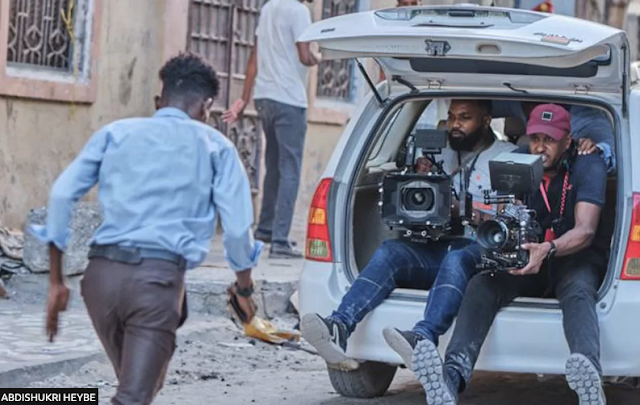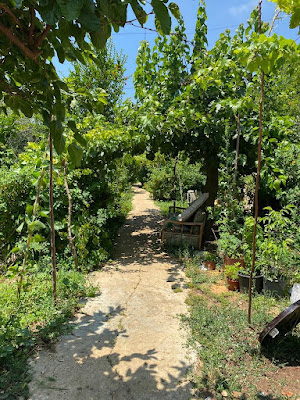Links & Contents I Liked 480

Hi all, Can Andrew Mitchell save UK #globaldev? Can we engage with the Taliban? Can AI empower marginalized people? Can economic development deliver in the future? And what about Sollywood?!? Answers to these questions & much more in this week's curated link review! My quotes of the week In light of the Taliban’s behavior and actions, it is unclear why western leaders would want to risk engaging with the Taliban when they could be excoriated by their own domestic opponents for doing so. Similarly, why would western governments commit scarce aid resources to Afghanistan – funds that the Taliban might be in a position to exploit – when they could much more safely provide assistance to vulnerable or needy people in other parts of the world? The lesson here is stark. It is the very nature and character of the Taliban that currently condemns the people of Afghanistan to suffer, and the situation is not going to improve in any meaningful way as long as the Taliban remain in charge.



